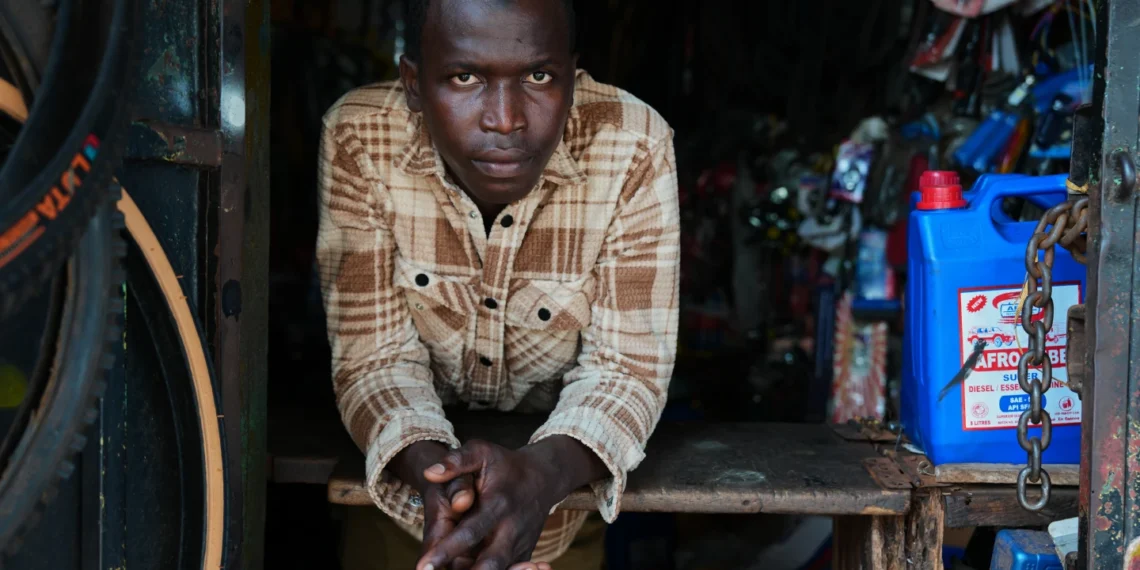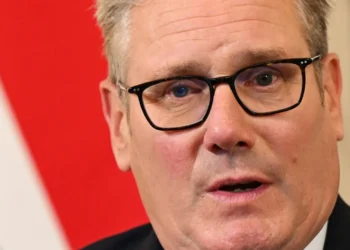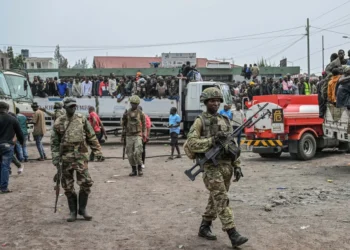CONAKRY (Realist English). When Oumar Bella Diallo, 24, boarded a flight home to Guinea in July, he believed his exhausting attempt to reach Europe had finally ended. After months crossing Mali, Algeria, and Niger, he had seen corpses in the desert, survived beatings by police, and watched fellow migrants die of hunger. Accepting a flight home funded by the European Union and organized by the International Organization for Migration (IOM) seemed like a lifeline.
It wasn’t. Diallo and dozens of other returnees told the Associated Press that the program’s promises of post-return support — small business grants, medical care, and job training — have gone largely unfulfilled. “They told me to wait until they call,” Diallo said. “Every time I ask, it’s the same answer.”
The EU-funded IOM initiative, launched in 2016, has repatriated more than 100,000 sub-Saharan Africans from North Africa and Niger since 2022, with a $380 million budget, more than half of which is dedicated to reintegration. Yet migrants in Guinea and Gambia say that assistance rarely materializes.
The IOM said it was “concerned” by the reports and blamed delays on heavy caseloads and missing documentation. But the European Court of Auditors previously found the scheme had failed to demonstrate sustainable reintegration or clear results.
For many, returning home without success brings deep shame. Kabinet Kante, 20, who once dreamed of becoming a footballer in Germany, now spends his days in Conakry posting TikTok videos warning others about the dangers of the route. “Right now, I’m doing nothing,” he said.
Analysts say that without functioning local economies, the IOM program cannot achieve its goal. “The EU is focused on getting people back,” said Josephine Liebl of the European Council on Refugees and Exiles. “But it pays far less attention to what happens after.”
Despite the trauma and poverty, many still plan to try again. As Guinean migration activist Elhadj Mohamed Diallo put it: “You can slow the tide, but you can’t stop it.”


















